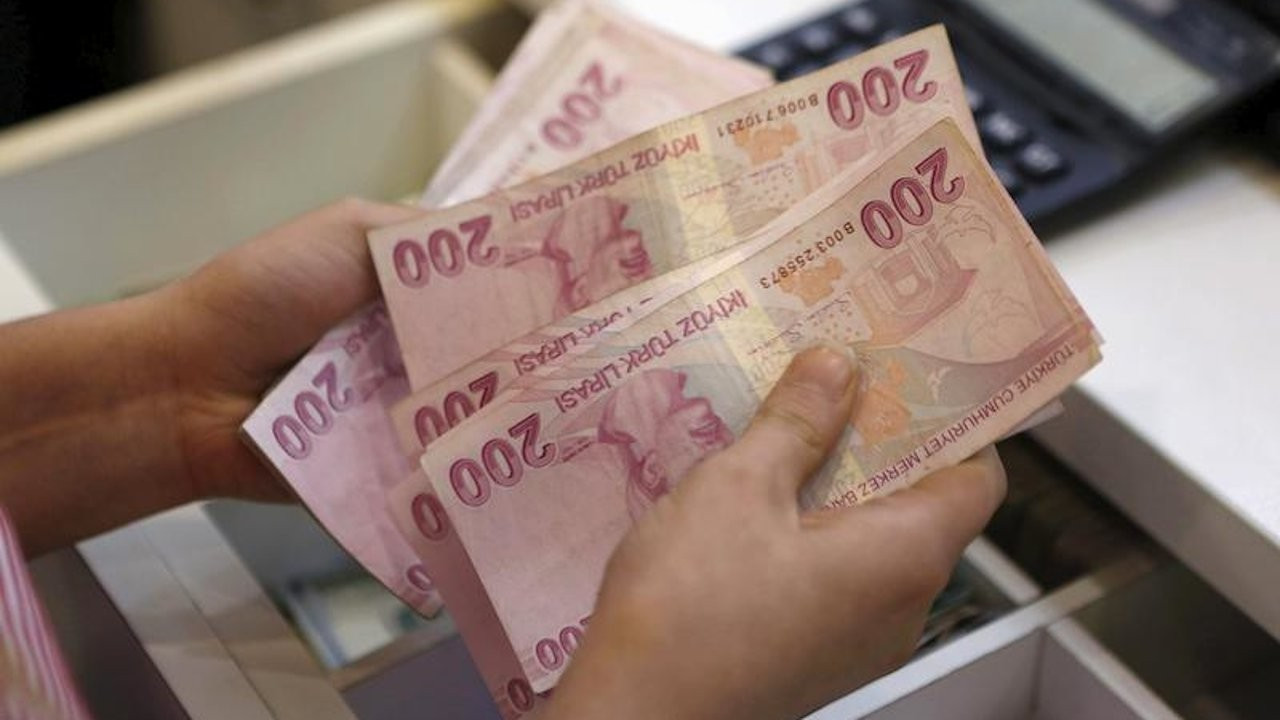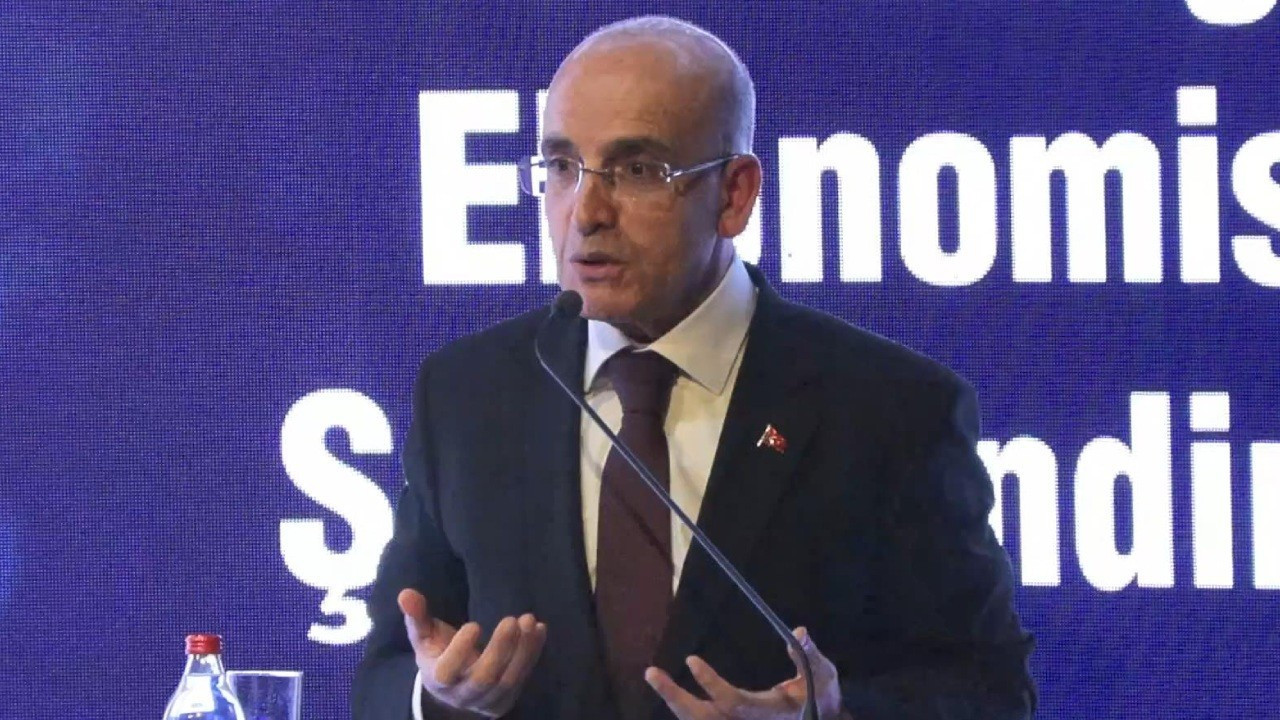Turkish main opposition CHP visits trade unions to share minimum wage grievances
Turkish main opposition CHP leader Özgür Özel has visited the two leading trade unions to share their grievances and prepare a road map after the government announced its inadequate 30% hike to the minimum wage.
Duvar English
Turkish main opposition Republican People’s Party (CHP) leader Özgür Özel on Dec. 25 visited the Confederations of Turkish Trade Unions (TÜRK-İŞ) and HAK-İŞ upon the government’s disappointing 30 percent increase to the minimum wage.
Özel held a press conference after meeting with TÜRK-İŞ president Ergün Atalay. Traditionally close to the Justice and Development Party (AKP) government, TÜRK-İŞ left the bargaining table after the minimum wage commission held a last-minute final meeting.
Özel said, “The reason for our visit is an extremely unpleasant issue.”
He reminded that President Recep Tayyip Erdoğan repeatedly promised to update the minimum wage to account for high inflation before the general elections of 2023. “The election has come and gone, and for 2024, the minimum wage has been set at 17,002 lira, and it has remained unchanged for an entire year,” he remarked.
Özel also noted that the conventional anti-inflationary measures did not work in Turkey, a country with high income inequality. He said, “In Turkey, suppressing the minimum wage will not lower inflation. A minimum-wage earner does not even control their own spending in a way that reducing it would cut consumption.”
He added that for a large segment of the population, most of their income went to rent, and the rest was spent on basic needs. “Either they pay the rent and go hungry or feed themselves and become homeless. This is the dilemma we are facing,” the party leader stated.
Özel also emphasized the need to approach the minimum wage debate from a broader perspective. In many high-income countries such as Germany, only six out of every 100 workers earned the minimum wage, saying “It’s a wage received until you’ve gained one year of seniority, after which it quickly becomes irrelevant.”
However, in Turkey, 56 percent of wage earners receive the minimum wage. Moreover, 85% of wage earners were directly or indirectly impacted by minimum wage increases according to the CHP leader, because many earn salaries at or just slightly above it.
“Minimum wage should be a starting salary that workers quickly move away from after one year of seniority. However, in Turkey, it has turned into a monster that swallows everyone and everything. The fact that the figure announced yesterday has sparked such outrage is no coincidence,” the party leader said.
Özel also highlighted the importance of trade unions to protect workers’ rights during minimum wage discussions. “Ideally, in workplaces where unions are present, minimum wage shouldn’t even exist. But TÜRK-İŞ carries the responsibility of determining a minimum wage that meets the expectations of millions in Turkey.”
He also commended TÜRK-İŞ for refusing to participate in the sudden imposed meeting of the minimum wage commission.
He added, “We must clearly express that the proposed 30 percent increase to bring the minimum wage to 22,000 lira is nothing more than a poverty wage and an imposition, and we reject it outright.”
Özel announced that the party would attend the 28 Dec. rally in the capital Ankara province’s Tandoğan district, organized by 66 civil society organizations. He invited all minimum wage earners and pensioners to join them at the rally.
Özel urged all workers to unionize, saying “Even the worst union is better than no union.”
“I call on all workers to embrace any offers to unionize in their workplaces and industries and to stand together on this matter. If workers are unionized, they won’t have problems like the minimum wage. If all workers were organized, no one would dare to do this today.”
The Turkish government announced that the minimum wage for 2025 was set at 22,104 Turkish liras ($628) with a 30 percent increase. This figure remained 17 percentage points below November’s official annual inflation rate of 47.09 percent.


 Opposition slams Turkish gov’t over dramatically low minimum wage decisionPolitics
Opposition slams Turkish gov’t over dramatically low minimum wage decisionPolitics Turkey increases minimum wage by 30 percent, 17 percentage points below inflation rateEconomy
Turkey increases minimum wage by 30 percent, 17 percentage points below inflation rateEconomy Turkey faces 'serious inflation issue, but on right track,' minister saysEconomy
Turkey faces 'serious inflation issue, but on right track,' minister saysEconomy